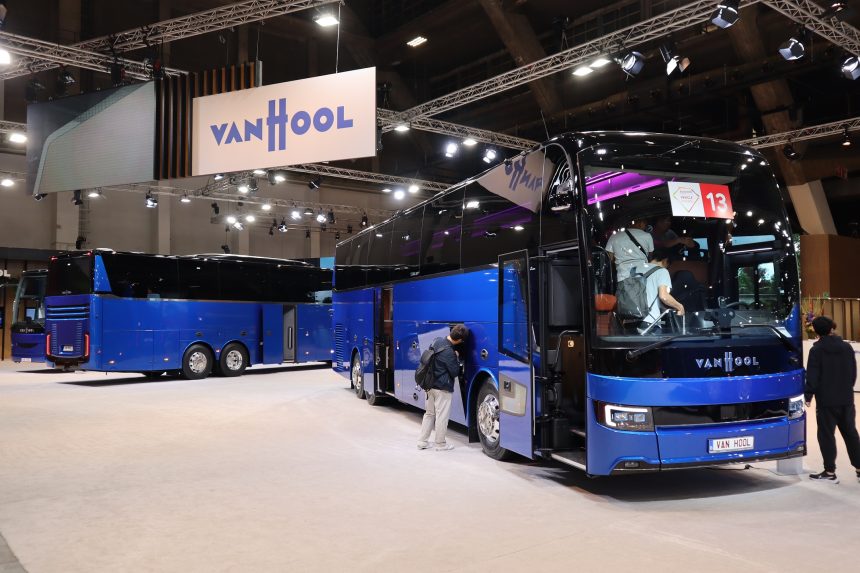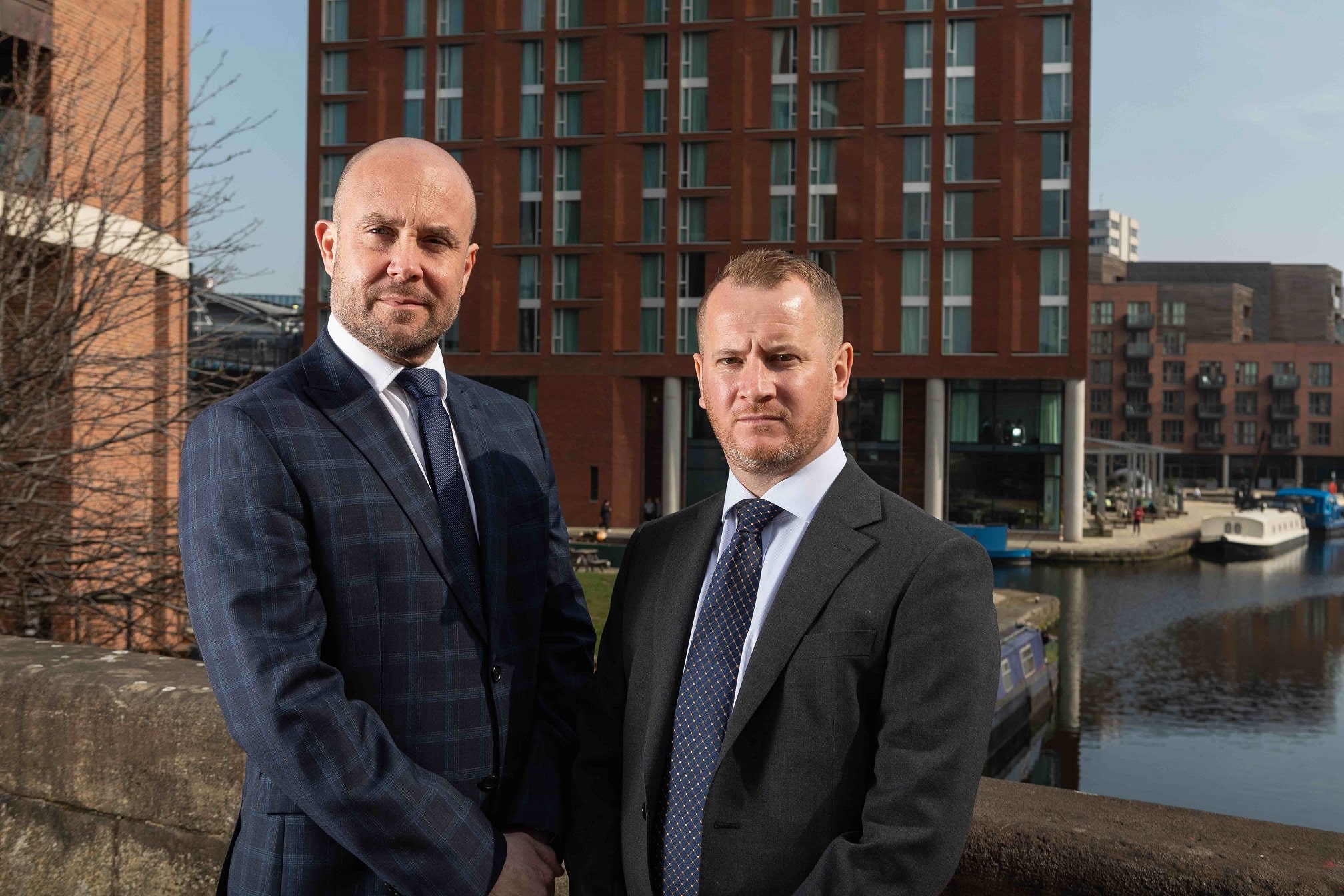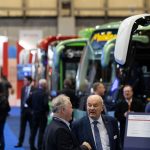The impact of the pandemic period on Van Hool was no secret, but the pace of the collapse of that business – perhaps the most exalted name in global coach manufacturing – will have shocked even the most experienced of industry observers.
Only weeks ago, Van Hool spoke of a buoyant order book for coaches and demand that was stronger than for many years. The first of its highly rated T range for the UK were due imminently.
The number of that model thought to have been on order suggests that despite the growth of products built in lower-cost economies, there remains sufficient mass in the ‘premium coach, premium price’ bracket.
Van Hool’s unsuccessful recovery plan made clear that focus was to be placed on the upper end of the market. It had no doubt identified that in Europe, competing in other areas was likely to be futile. The need for change was made clear.
Some fingers point to Van Hool’s zero-emission bus activities as having been a major player in the crisis. Corporate fixer Marc Zwaaneveld took little time to favour winding down that area of its business. More recently, he observed that the manufacturer simply did not earn enough from those vehicles.
The A series bus was developed relatively recently, no doubt at significant cost. Some orders were won, but in a heavily price-driven European market, it is difficult to see how Van Hool could have sold enough of them in competition with products of Chinese origin to justify its investment.
Talk of a family and shareholder dispute having derailed the recovery plan is mystifying, but most pressing for UK customers awaiting delivery of Van Hool coach products is what now happens with their vehicles and deposits.
It is thought that some completed coaches sit awaiting despatch, caught in a limbo that – even if a bid from VDL for the passenger business progresses – looks to have slim prospect of a rapid solution. The summer season is here for coaching, and delay to or cancellation of vehicles is a big problem for a sector that is already struggling with lead times.
What of VDL? It is saying nothing other than to note that various conditions attached to its offer must be met before progress can be made.
In debuting its Vision Futura model during 2023, that OEM was noncommittal on whether the new coach would capture all areas currently serviced by the Futura 2 platform. That aside, significant parts of the current VDL and Van Hool coach ranges overlap, although what role Van Hool’s modern factory in North Macedonia could play in any deal is unknown.
A sombre note may hang over this weekend’s UK Coach Rally because of Van Hool’s collapse. Its vehicles have been a cornerstone of that event for decades. But change waits for nobody – and perhaps more saliently in this case, nobody can wait for change.

























